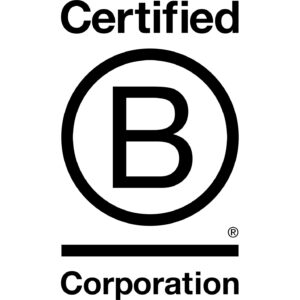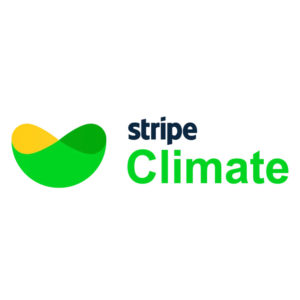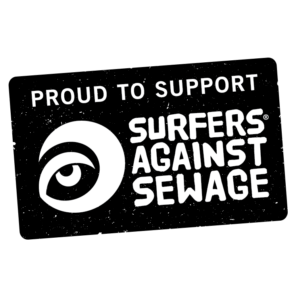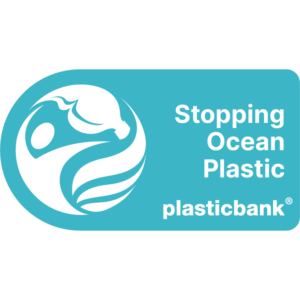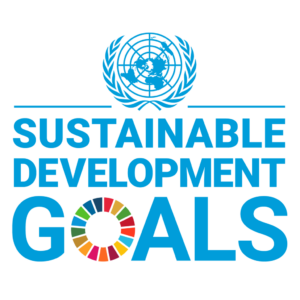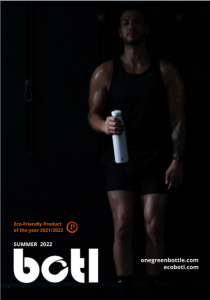Over the past four years, researchers have worked to create a fully recyclable, biologically-based plastic that can have widespread applications. They succeeded and published their findings on July 27.
Plastic is Literally a Part of Us
Plastic has become a way of life for us around the world. It is in literally everything we touch, whether it’s furniture, containers, or toothbrushes; it’s even in our bodies.
The average human consumes roughly 3 grams of plastic per week in the form of microplastics, which is equivalent to a credit card.
Thanks to widespread educational awareness of this issue, we all know that plastic takes nearly forever to decompose safely in the environment. That means that everywhere, mountains of plastic waste are sitting in landfills or being burned, releasing those toxic chemicals into our atmosphere, not to mention the vast amount of greenhouse gases released during plastic products’ production, given that most plastics are based on petrochemicals.
Needless to say, due to the human, natural, and environmental costs that have been imposed upon all of us by our widespread addiction to plastic, there are ongoing efforts to curb the production of plastic, develop new methods of recycling plastic, and actually change how we create plastic altogether.
A new development in the latter is particularly important, and progress in that field has been established to help with this problem.
What is PDK?
Researchers at the United States Department of Energy Lawrence Berkeley National Laboratory have created a solution to the problem of unsustainable plastic production through a material called polydiketoenamine (PDK).
The development comes from a joint effort between three facilities within Berkeley Lab, the Molecular Foundry, the Joint BioEnergy Institute, and the Advanced Light Source.
PDK is a promising alternative to conventional petrochemical plastics because of a few unique properties. PDK is infinitely recyclable, non-toxic, tough, and durable, sometimes stronger than conventional plastics.
“This is the first time that bioproducts have been integrated to make a PDK that is predominantly bio-based,” said Brett Helms, a staff scientist at the Molecular Foundry who led the project. “And it’s the first time that you see a bio-advantage over using petrochemicals, both with respect to the material’s properties and the cost of producing it at scale.”
For the longest time, PDKs were manufactured using petrochemicals as the building blocks. However, this fully circular plastic is sustainable, given that the building blocks used now are biologically based.
Addressing the Problem at the Roots
As we move forward into a world in which the effects of plastic pollution are becoming better documented and more present, creating alternatives to how we do things now is of the utmost importance.
Using this bio-based circular plastic can fulfill the demand for plastic in necessary applications while maintaining the commitment to conserving and restoring our environment. In other words, we can have our cake and eat it too, but we need to see the widespread application of this product to see the benefits.
And though this development is promising, it doesn’t speak to the already massive amounts of plastic waste currently sitting in landfills and being burned.
New technologies and methods need to be created to address these problematic chemicals, but this new research addresses the issue where it matters most: the source.
Source: Happy Eco News


